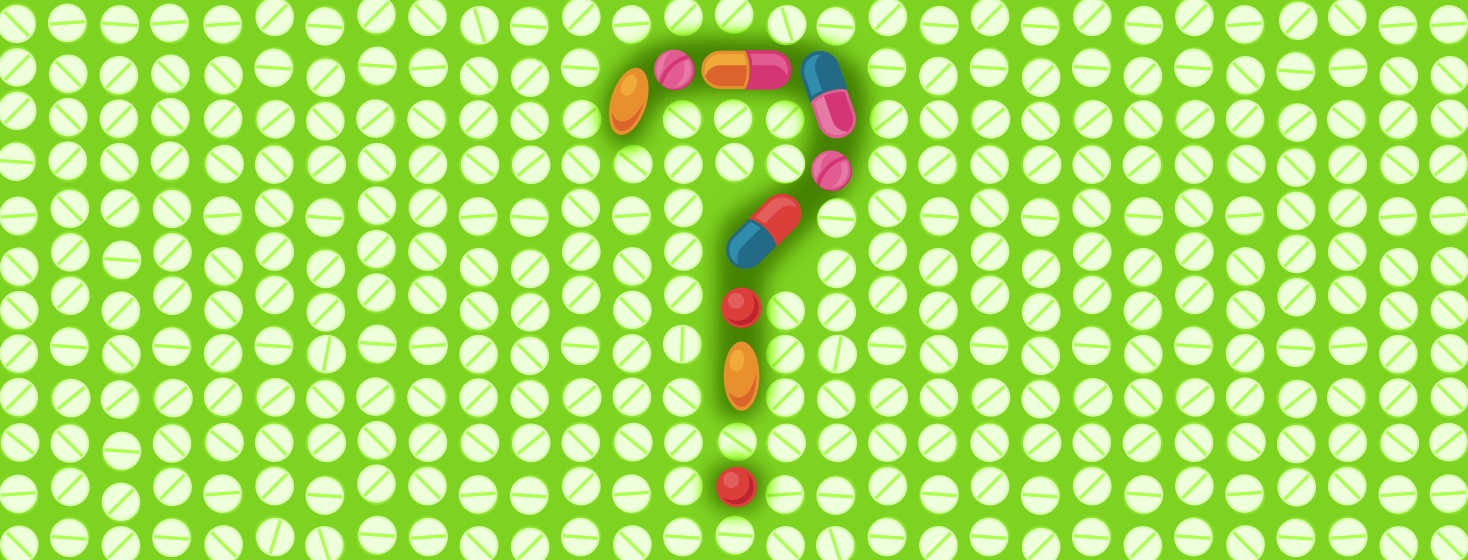Milk Thistle: A Cure for Hep C?
Milk thistle is commonly touted as a cure for hep C. When sifting through information on hep C, it doesn’t take long to find positive claims surrounding milk thistle and liver health. Milk thistle supplementation is common in people with liver disease. In fact, 33% of people with chronic hep C report use of milk thistle at one point in their health journey.1 Just how accurate are these claims? Furthermore, is there a chance that milk thistle can actually be harmful to the liver?
What is milk thistle?
Milk thistle is a flowering plant that has been used for centuries to treat liver problems.2 When people take milk thistle supplements, it’s not actually the milk thistle itself that they are ingesting, but rather the active ingredient. The active ingredient in milk thistle is silymarin. Silymarin is available as a dietary supplement over-the-counter, and does not require a prescription.
Silymarin and hep C
Milk thistle has shown to help with slowing down fibrosis in cell cultures. It also functions as an antioxidant, helping to protect the liver.3 Despite these positive trials in laboratory cells, no trial has actually replicated this effect in humans. No study on silymarin has demonstrated improvement in liver function or enhancement of life-span in people with liver disease.3
One study in the United States enrolled 154 people with chronic hep C who previously were not successfully treated with interferon. People were randomly assigned to various groups and dosages of silymarin: 420 mg, 700 mg, or a placebo pill (a sugar pill). The participants did not know which group they were being assigned to. The study examined change in ALT levels, which is a measure of liver function. It also assessed HCV RNA levels, the amount of the hep C virus in the blood. After 6 months of treatment, the following results were observed:3
- Improvement in ALT was no different among the 3 treatment groups. This means that someone taking the high dose silymarin fared no better than someone taking the placebo.
- There were no differences in HCV RNA levels between groups. This indicates that silymarin has little to no effect on removing the virus from the bloodstream.
- The side effects of silymarin were similar to that of placebo. This demonstrates that for most people, silymarin is likely well-tolerated and may have little side effects.
Is silymarin safe?
Just like most herbal products, there is lack of standardization and regulation of milk thistle products. It is also important to remember that just because silymarin is available over-the-counter, does not necessarily make it safe for everyone. For example, silymarin can interact with some prescription drugs. Some classes of medications that can interact with silymarin include some blood pressure lowering agents, HIV medications, and antibiotics.4 For this reason, it is always important to double-check with your pharmacist and physician before starting any herbal product, including silymarin.
Overall, silymarin is well-tolerated and safe for most people. However, there is no clear evidence that it really works for hep C. If you are looking for a cure for hep C, speak to your specialist as there are highly effective, safe treatments available.
Are you currently taking, or have tried, milk thistle? Share your experiences below!

Join the conversation